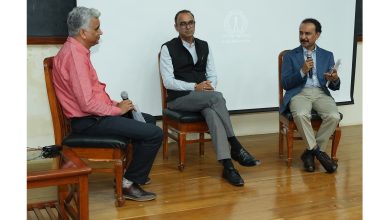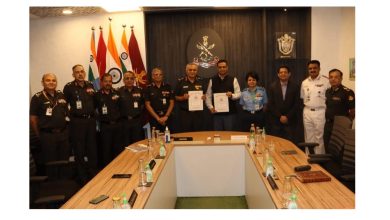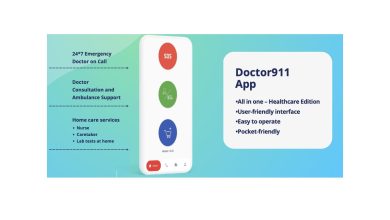India, ADB sign $300 M loan to improve primary healthcare in India

13 states with over 256 million urban dwellers including 51 million from slum areas will be benefitted
The Government of India and the Asian Development Bank (ADB) have signed a $300 million loan to strengthen and improve access to comprehensive primary healthcare in urban areas of 13 states that will benefit over 256 million urban dwellers including 51 million from slum areas.
Rajat Kumar Mishra, Additional Secretary, Department of Economic Affairs in the Ministry of Finance, signed for the Government of India the agreement for Strengthening Comprehensive Primary Health Care and pandemic preparedness in Urban Areas Program while Takeo Konishi, Country Director of ADB’s India Resident Mission, signed for ADB.
Mishra said that the programme supports the Government of India’s key health initiatives – Ayushman Bharat Health and Wellness Centres (AB-HWC) and Pradhan Mantri Atmanirbhar Swasth Bharat Yojana (PM-ASBY) – which has been renamed as Pradhan Mantri Ayushman Bharat Health Infrastructure Mission (PM-ABHIM) – by expanding availability and access to quality primary health care services particularly for vulnerable populations in urban areas.
“Ensuring equitable access to non-COVID-19 primary health care is critical amid challenges posed by the coronavirus pandemic to India’s health system,” said Konishi. “The programme complements the government’s efforts to bridge the health care gaps by strengthening institutional capacity, operation, and management of urban health and wellness centres at the central, state, and municipal levels.”
The programme will be implemented in urban areas across 13 states: Andhra Pradesh, Assam, Chhattisgarh, Gujarat, Haryana, Jharkhand, Karnataka, Madhya Pradesh, Maharashtra, Rajasthan, Tamil Nadu, Telangana, and West Bengal. Besides the pandemic response, interventions through the programme promote increased utilisation of urban HWCs with the provision of comprehensive primary health care packages including non-communicable diseases and community outreach services such as awareness-raising activities on healthcare options, particularly for women. Delivery and health information systems for primary health care will be upgraded through digital tools, quality assurance mechanisms, and engagement and partnership with the private sector.
The programme is supported by a $2 million technical assistance grant from ADB’s Japan Fund for Poverty Reduction to provide support for programme implementation and coordination, capacity building, innovation, knowledge sharing and application of scalable best practices across the healthcare system.




